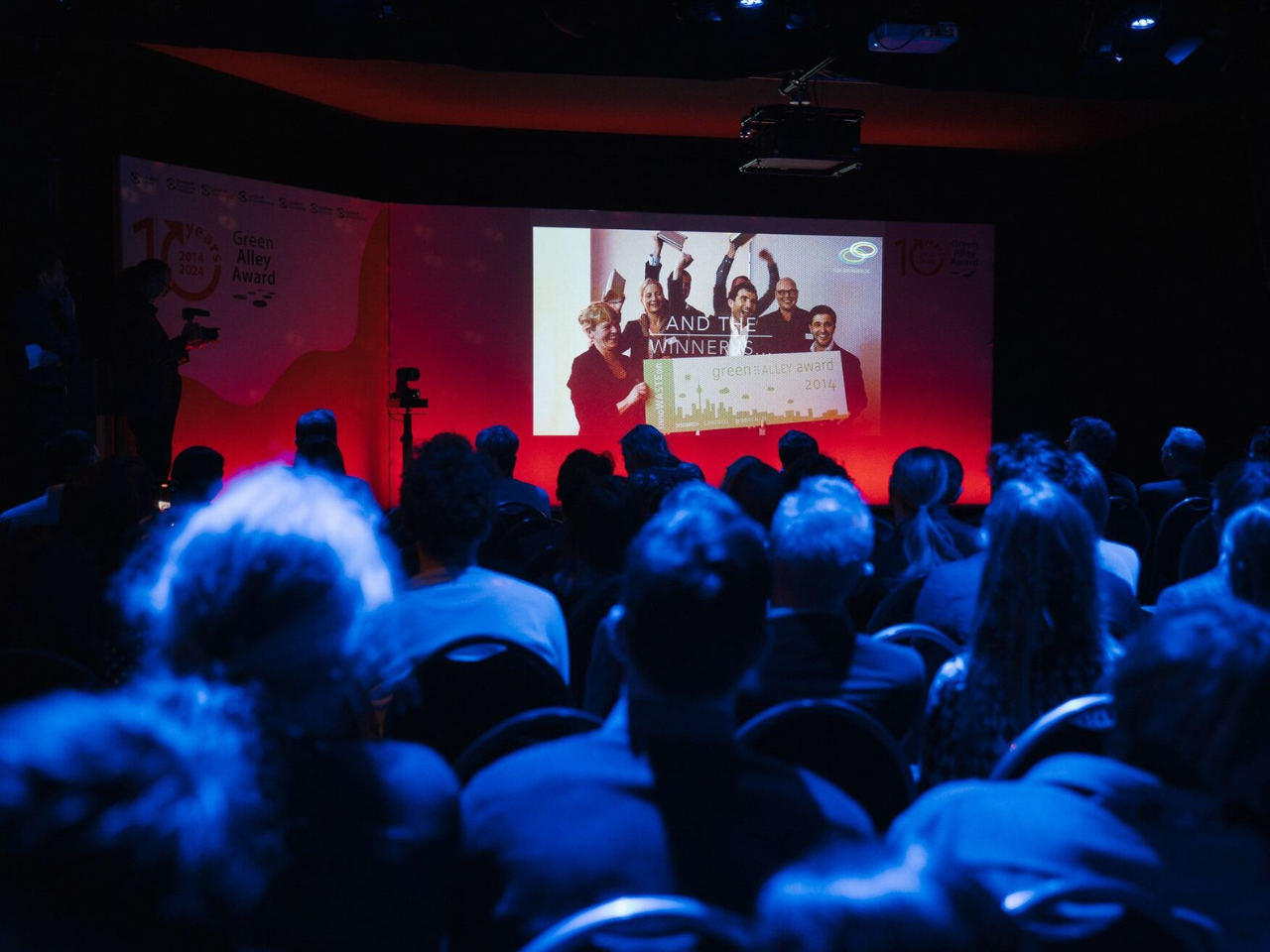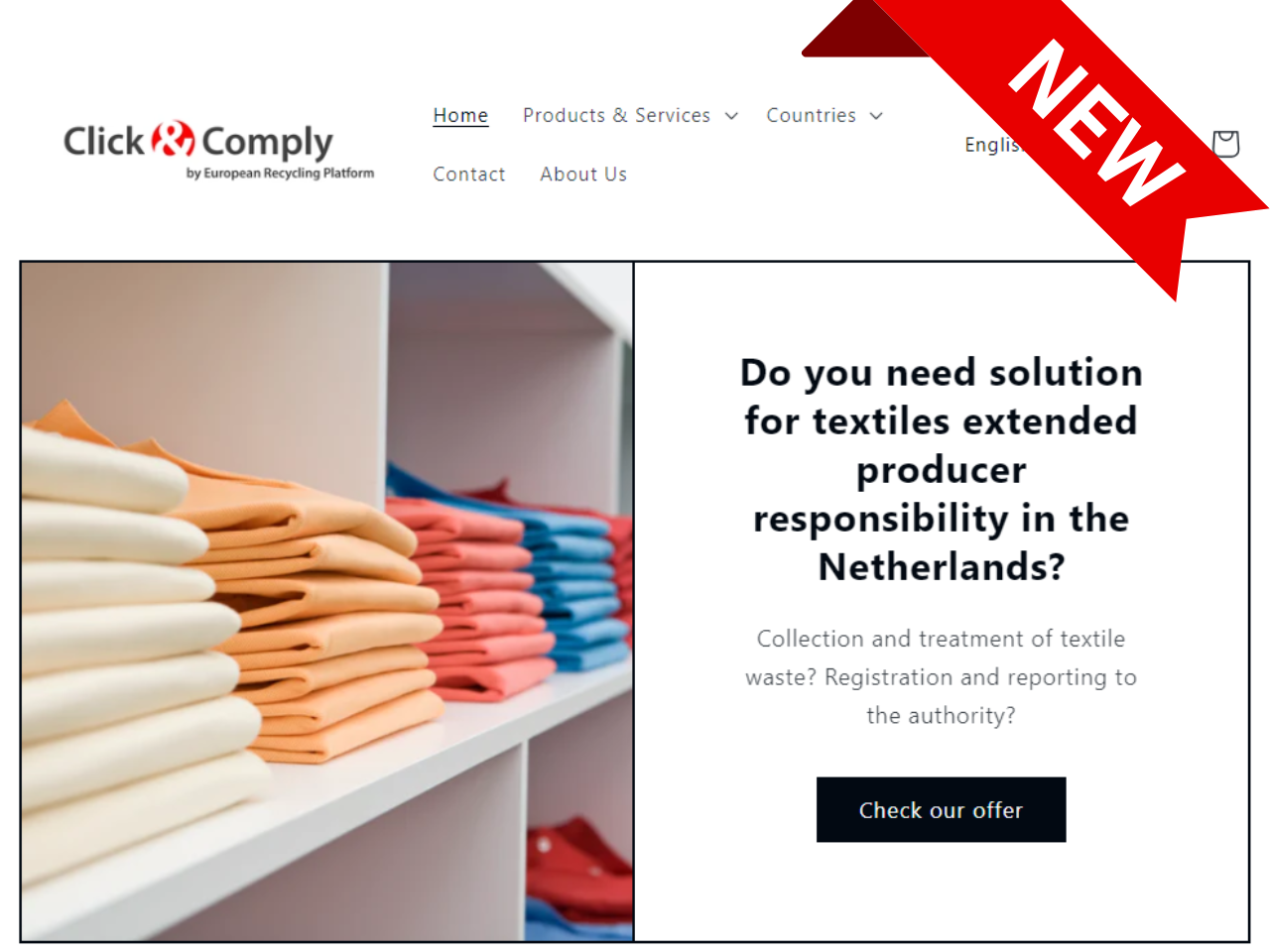End-to-end strategy for EPR implementation is delivered in Ghana
After 16 months of intensive engagement, Landbell Group has just completed an extended producer responsibility (EPR) advisory mission in Ghana. The project was designed and led by the World Bank and funded by a multi-donor trust fund named PROBLUE.
The World Bank awarded the design of the EPR strategy to the consortium of Landbell Group and Blackforest Solutions (BSF) in May 2022. The main beneficiary of the advisory support was the Ghanaian Ministry of Environment, Science, Technology and Innovation (MESTI).
It is estimated that as much as 86% of plastic waste is mismanaged in Ghana, mostly through open burning or dumping on land and in waters. This is a contributing factor to frequent flood outbreaks in the country and creates serious risks for human life and health. EPR is recognized as one of the systemic solutions that can fight the plastic menace.
The main output of the project was to recommend an end-to-end strategy for implementing EPR for plastic packaging in Ghana. To achieve this, five separate studies were conducted:
- the existing EPR and regulatory landscape was reviewed
- stakeholders were identified and engaged with
- an implementation strategy for an E-registry EPR system for producers and waste operators was proposed
- a proposal for EPR legislative framework was formulated, and
- recommendations for EPR design were made
The project entailed stakeholder engagement on multiple levels: public authorities (MESTI, other Ghanaian ministries, as well as the Environmental Protection Agency), producers and their associations, NGOs, recyclers, collectors and representatives from the informal sector (individual waste pickers, aggregators and their associations).
This engagement was made possible thanks to three onsite missions to Ghana, in person and online capacity building workshops, as well as more than 50 individual meetings both in person and online. Stakeholders’ voices were also captured through active participation in events organised by the Ghana National Plastic Action Partnership. To make sure that stakeholders were properly identified, the consortium worked with a local subcontractor, Mountain Research Institute.
The final report contains a roadmap with concrete steps necessary to design and implement EPR in Ghana, including continuous stakeholder dialogue to agree on collection, recycling and recovery targets, as well as other crucial aspects of the regulatory framework.
By following the roadmap, Ghana could become the first country in Western Africa to embrace and operationalise EPR principles for plastics.
Sign up for our monthly
report COMPASS here:
Your email












